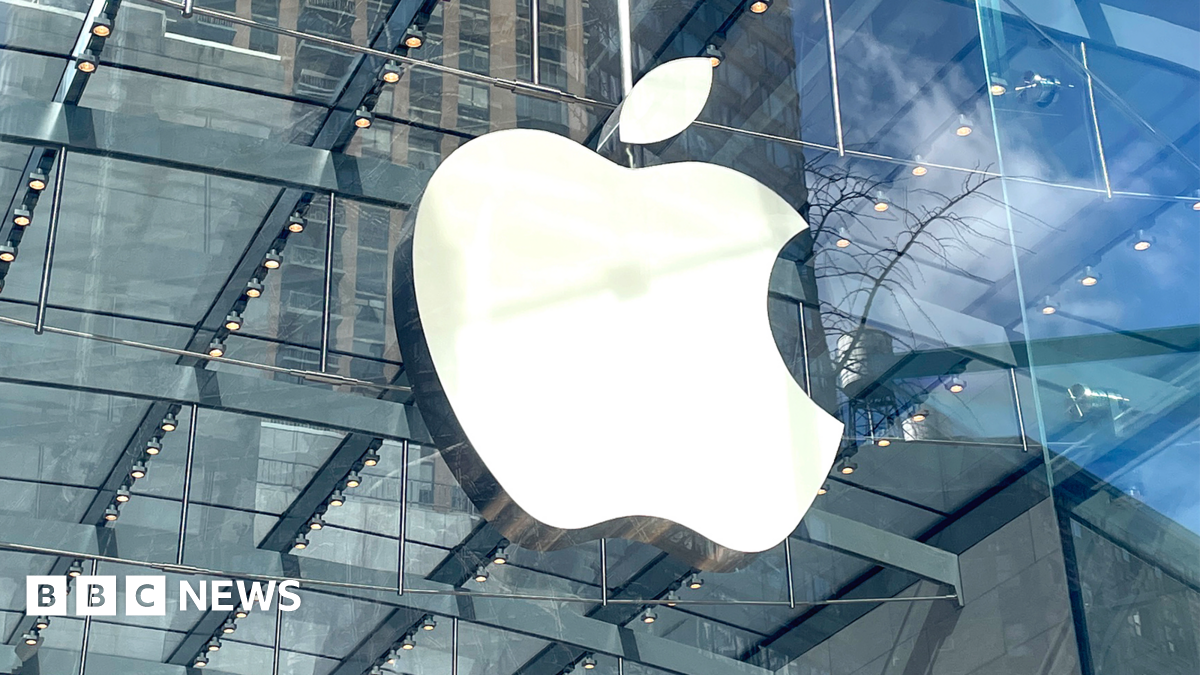UK government is trying to get into iCloud end-to-end encryption. (Again?)
Makes me think about email servers too. Most of my private information is in emails, and not only I use a service where the host machines access the email, so do almost everyone I email to/from.



People don’t want to hear this but an iPhone, with the right settings, is the most secure phone outside of a pixel running GrapheneOS. This is something that Daniel Micay himself would say often.
Secure? Idk, maybe. But definitely not private.
And yet the other day I read an account of researching tracking for ads, and the iPhone used sent a request to Facebook even before anything was installed
A bit of a different thing, but still.
I’m thinking CalyxOS for my next phone.
Last I heard it’s the only phone with a dedicated encryption chip, so encryption of everything doesn’t burn your battery. Is this still true?TLDR: Apple has a slight edge over android, and this edge is continuously narrowing and will probably be surpassed over time. For the purposes of my original comment, the security lead was definitely wider in my past memory (2015 ish). https://www.33rdsquare.com/android-security-vs-ios/
Edit: After some follow up research, Apple may/may not have had hardware based AES implemented, definitely does have Secure Enclave chip, allowing them to start full disk encryption in 2014, android didn’t become standard until 2018.
And still, these security chips are only available for high end android devices while apple devices all have them by default.
Crypto instructions have been standard in CPUs for decades now. I don’t know about mobile CPUs specifically, but the AES instructions have been around since 2008.
Yeah but phones have had a problem where using the main chip for encryption would basically use all the battery. For a while Apple was the only one who didn’t have this issue because they included dedicated chips to handle the encryption. So they were even able to jump in to the “whole phone encryption” by default. While android phones had to leave it as a checkbox in settings that would eat your battery.
I just don’t remember if google ever got around to addressing the issue.
I’ve always Android phones with encryption enabled, since about 2014, and I’ve never noticed any issue, nor had I heard about this before.
This is not true. You may be thinking of the Secure Enclave, which Apple processors have had for a while and acts as a dedicated piece of silicon to protect encryption keys. But pixels have this too, idk about phones with Qualcomm or exynos SOCs but they likely have something similar. Either way it has no impact on battery life and all major smartphones have been capable of encryption for many years
The other post covered how it was the Secure Enclave not just having a cryptographic piece of silicon, but what was for a while unique to Apple shit was the use of Secure Enclave for biometric data like fingerprints and whatnot.